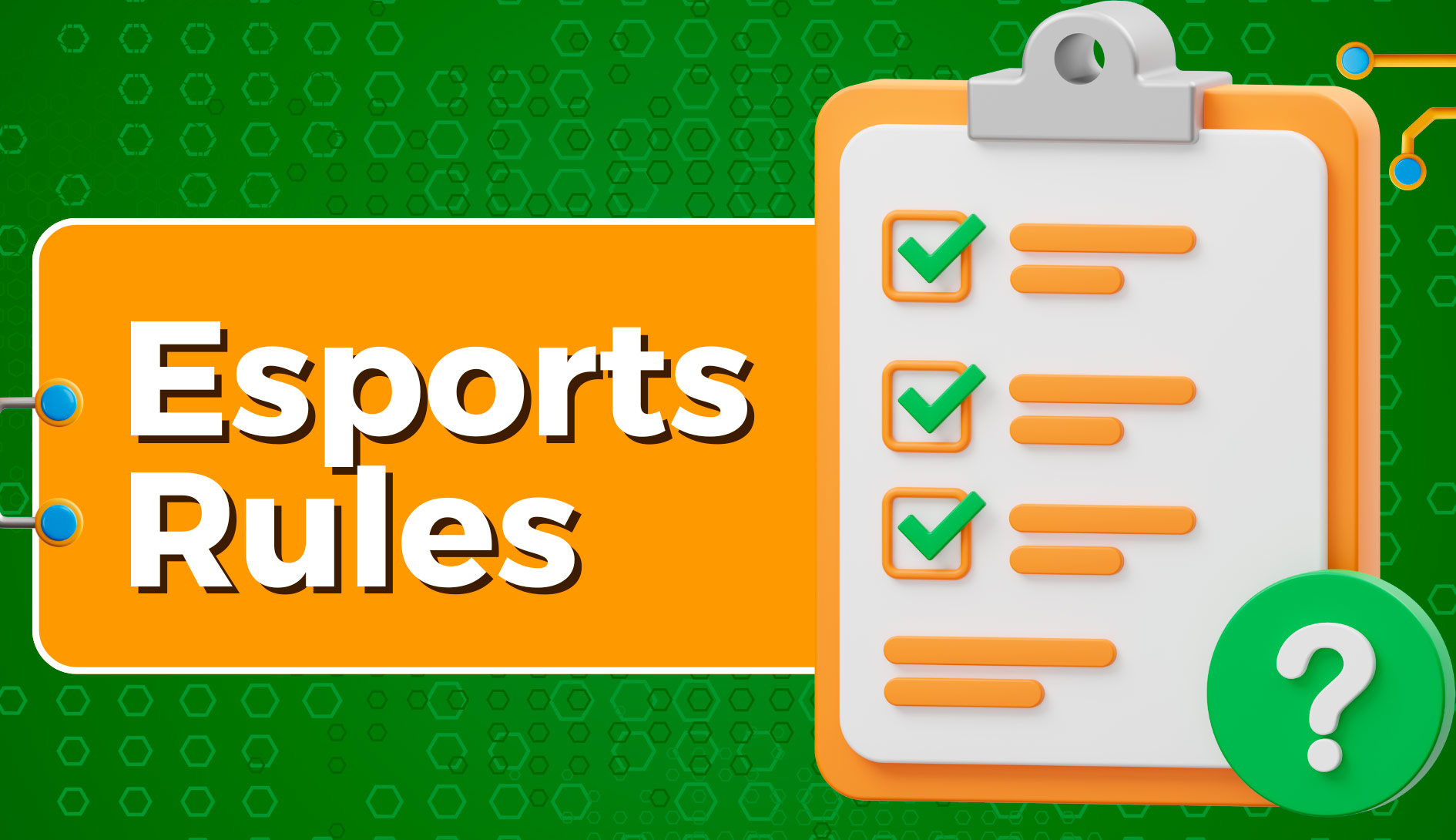Esports, a rapidly growing phenomenon in the realm of competitive gaming, has transcended traditional notions of sports and entertainment, captivating audiences with its blend of skill, strategy, and spectacle. From humble beginnings in arcades and LAN parties to massive arenas and online platforms, esports has emerged as a global industry, redefining the landscape of competitive gaming. In this article, we delve into the rules of esports, its diverse array of games, the path to becoming a professional player, notable tournaments, and the future trajectory of the industry.
What are Esports?

Esports, short for electronic sports, refers to competitive video gaming events where players or teams compete against each other in various video game titles. These events can take place online or in physical venues, attracting millions of viewers and offering substantial prize pools.
Who Owns Esports?
Esports is owned and operated by a multitude of entities, including game developers, tournament organizers, esports teams, and media companies. Major players in the industry include companies like Riot Games, Valve Corporation, Activision Blizzard, and Tencent, which oversee popular esports titles and organize tournaments.
What Games are Played in Esports:
| Game Genre | Notable Games |
| First-Person Shooter (FPS) | – Counter-Strike: Global Offensive (CS:GO) – Call of Duty: Warzone – Rainbow Six Siege – Overwatch |
| Multiplayer Online Battle Arena (MOBA) | – League of Legends (LoL) – Dota 2 – Smite |
| Battle Royale | – Fortnite – PlayerUnknown’s Battlegrounds (PUBG) – Apex Legends |
| Fighting Games | – Street Fighter V – Super Smash Bros. Ultimate – Tekken 7 |
| Real-Time Strategy (RTS) | – StarCraft II – Warcraft III: Reforged |
Esports encompasses a wide range of video game genres, including first-person shooters (FPS), multiplayer online battle arenas (MOBA), real-time strategy (RTS), fighting games, sports simulations, and more. Some popular esports titles include League of Legends, Counter-Strike: Global Offensive, Dota 2, Fortnite, Overwatch, and Rocket League.
How to Become an Esports Player:
Becoming a professional esports player requires dedication, skill, and determination. Prospective players often start by honing their skills in their chosen game, participating in online competitions, and joining amateur teams or communities. Aspiring players can also seek out coaching, attend esports camps, and network with established players and teams to further their career.
How Many Esports Teams Are There
The number of esports teams worldwide is constantly evolving, with new organizations forming and existing teams expanding their rosters. Major esports organizations, such as Team Liquid, Fnatic, Cloud9, and G2 Esports, boast multiple teams across various game titles and compete at the highest levels of competition.
As of 2022, there are approximately 110,000 esports teams across all competitive levels in India. This number reflects the growing trend that emerged in 2019, and it was expected to further increase to around 125,000 by 2023. Esports continues to thrive, attracting players, fans, and organizations worldwide!
Famous Esports Players:
| Player | Game(s) | Achievements |
| Faker | League of Legends | – Three-time League of Legends World Champion. – Considered one of the best LoL players of all time. |
| Flash | StarCraft II, StarCraft: Brood War | – Dominant in both StarCraft games. – Numerous tournament wins and records. |
| s1mple | Counter-Strike: Global Offensive (CS:GO) | – Exceptional CS:GO player. – Known for his individual skill and impact. |
| Dendi | Dota 2 | – Iconic Dota 2 player. – Won The International 2011 with Na’Vi. |
| SonicFox | Fighting Games (various) | – Multiple-time EVO champion in games like Mortal Kombat and Dragon Ball FighterZ. |
| Uzi | League of Legends | – Renowned Chinese LoL player. – Consistent top performance in international tournaments. |
| ZywOo | Counter-Strike: Global Offensive (CS:GO) | – Rising star in CS:GO. – Impressive individual stats and impact. |
| Sumail | Dota 2 | – Youngest player to win The International (TI5). – Known for his aggressive playstyle. |
| Ninja | Fortnite, Halo, Valorant | – Popular streamer and competitive player. – Helped popularize Fortnite. |
| Puppey | Dota 2 | – Veteran Dota 2 player and captain. – Led Team Secret to multiple victories. |
The world of esports is home to countless talented players who have achieved international acclaim and recognition. Icons like Faker (Lee Sang-hyeok), s1mple (Oleksandr Kostyliev), Ninja (Tyler Blevins), and Dendi (Danil Ishutin) are just a few examples of players who have left an indelible mark on the industry with their skill, charisma, and competitive spirit.
Biggest Esports Tournaments:
| Tournament | Game | Prize Pool (USD) |
| The International 2021 | Dota 2 | $40,018,400 |
| The International 2019 | Dota 2 | $34,330,069 |
| The International 2018 | Dota 2 | $25,532,177 |
| Fortnite World Cup Finals 2019 – Solo | Fortnite | $15,287,500 |
| Riyadh Masters 2023 | Dota 2 | $15,120,000 |
| Fortnite World Cup Finals 2019 – Duo | Fortnite | $15,100,000 |
| Honor of Kings International Championship 2022 | Arena of Valor | $10,000,000 |
| PGI.S 2021 Main Event | PUBG | $7,068,071 |
| LoL 2018 World Championship | League of Legends | $6,450,000 |
| Overwatch League – Season 2 Playoffs | Overwatch | $3,931,000 |
Esports tournaments come in various shapes and sizes, ranging from small grassroots events to massive international spectacles. Some of the biggest and most prestigious tournaments include The International (Dota 2), League of Legends World Championship, Fortnite World Cup, Overwatch League Grand Finals, and the Counter-Strike: Global Offensive Majors.
Types of Esports Tournaments:
| Competition Format | Description | Advantages | Challenges |
| Single Elimination | A straightforward format where each match is do-or-die. | – Simplicity and time efficiency. | – Potential to eliminate strong contenders early without a safety net. |
| Double Elimination | Includes a lower bracket for redemption, allowing teams a second chance. | – Fairness and depth. | – Complexity in managing two brackets. |
| Round-Robin | Everyone faces everyone, ensuring ample playtime and opportunities. | – Comprehensive and fair. | – Demands significant time and resources. |
| Swiss System | Adapts to the number of rounds and participants, balancing inclusivity and efficiency. | – Matchups between similar skill levels. | – Organizational challenges. |
| FFA / Battle Royale | Free-for-all format where the last person or team standing wins. | – Unpredictable and dynamic gameplay. | – Requires different tournament organization. |
Esports tournaments can be categorized into different types based on their format, structure, and prize pool. These include single-elimination tournaments, double-elimination tournaments, round-robin leagues, invitationals, and qualifiers. Each type offers unique opportunities for players and teams to showcase their skills and compete for glory.
Participant Structures:
- 1v1: Pure individual competition, common in fighting games and RTS.
- Team-Based Battles (XvX): Coordination, team strategy, and individual prowess blend in games like MOBAs and FPS.
- Free-for-All (FFA) and Battle Royale: Chaotic modes challenging participants to outlast and outmaneuver opponents.
Match Types:
- Best-of-One (BO1): Quick and decisive, ideal for initial stages or time constraints.
- Best-of-Three (BO3): Adds strategic depth and allows comebacks.
- Best-of-Five (BO5): Further depth and endurance.
- Other formats range from BO1 to BO9.
What is the Future of Esports:
The future of esports appears bright, with continued growth and innovation on the horizon. As technology advances, esports is expected to reach even greater heights, attracting larger audiences, securing lucrative sponsorship deals, and expanding into new markets. With the rise of virtual reality, augmented reality, and mobile gaming, esports is poised to become even more accessible and immersive in the years to come.

